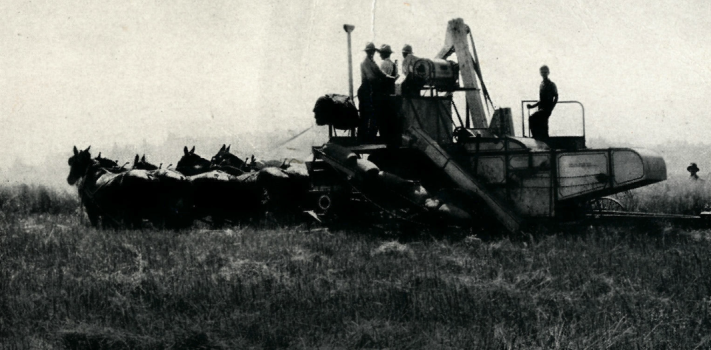by Matt Agorist, The Free Thought Project:

In the latest episode of the Free Thought Project podcast, hosts Jason and Matt delve into the fascinating world of dissent, digital freedom, and the Second Amendment with documentary filmmaker Jessica Solce. Her new film, “Death Athletic – A Dissident Architecture,” is not just a documentary; it’s a deep dive into the intricate battle for freedom of speech in the age of digital information—a battle personified by Cody Wilson and his groundbreaking work on 3D-printed firearms.



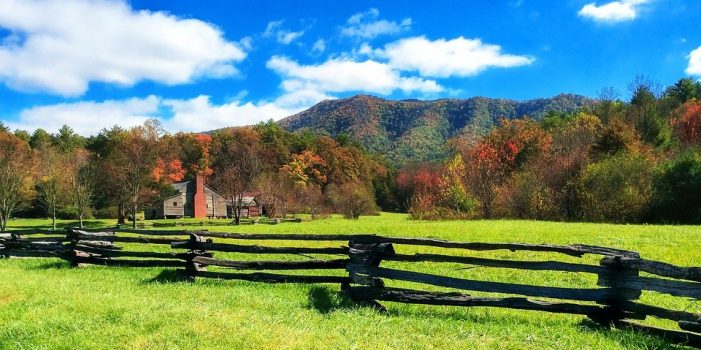

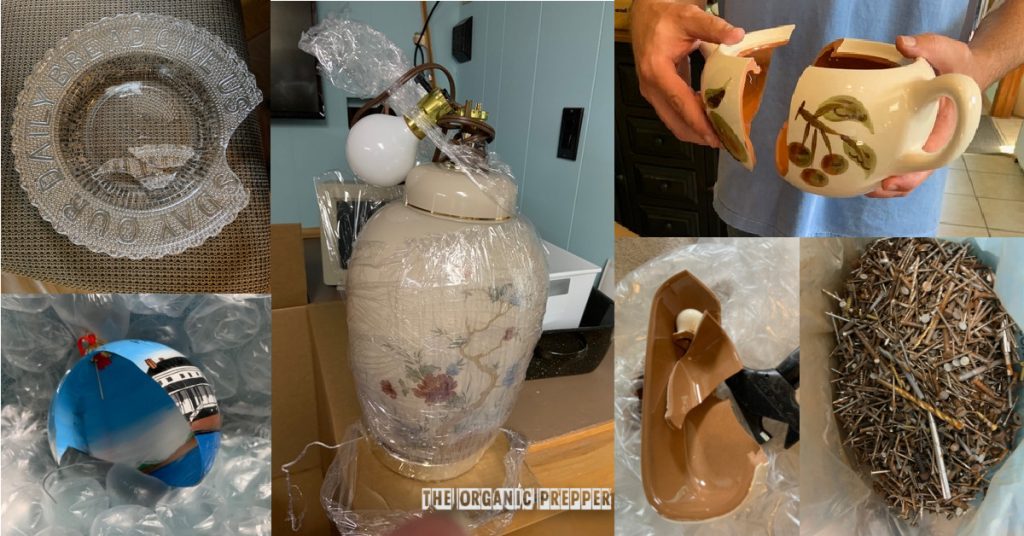



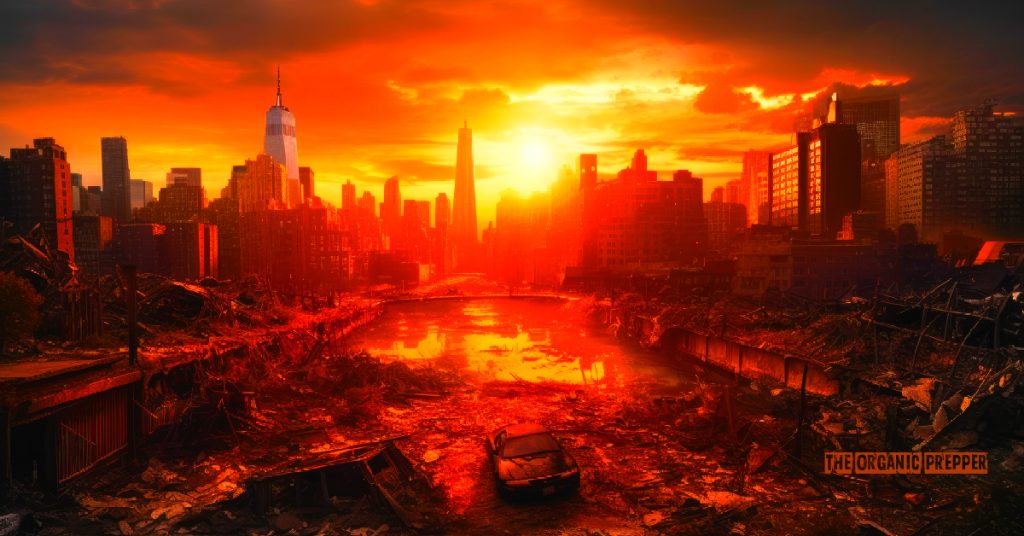
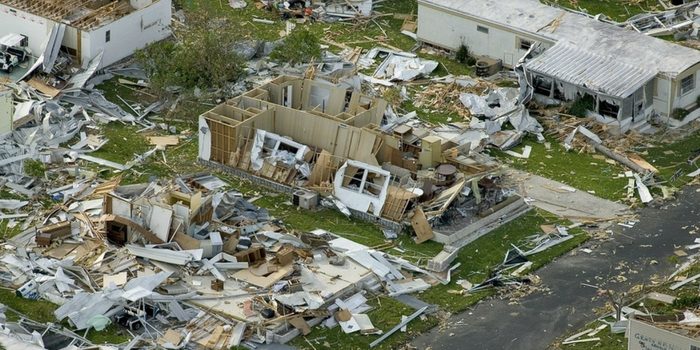
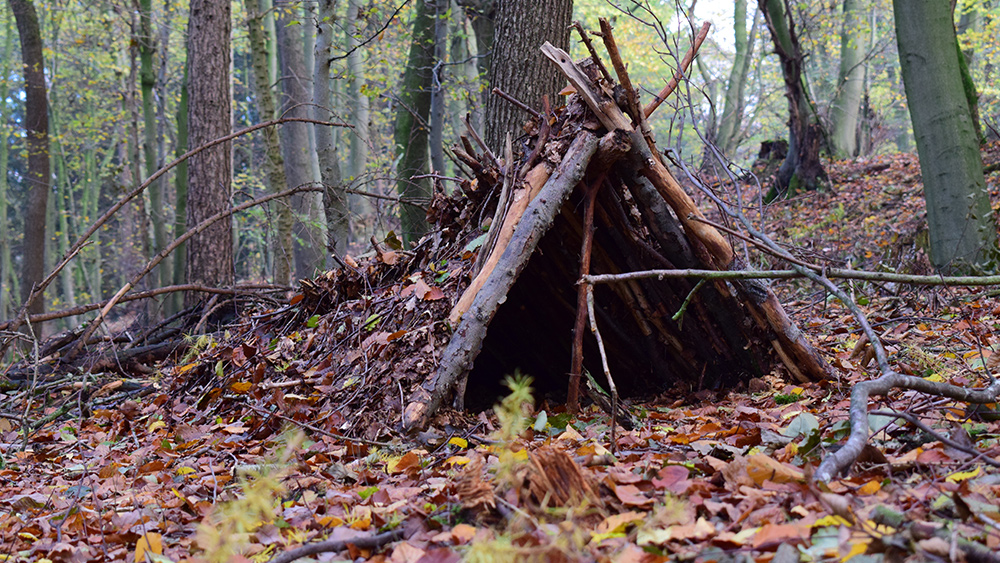 The social and political landscape in the United States is seeing dramatic changes, particularly with regards to prepping.
The social and political landscape in the United States is seeing dramatic changes, particularly with regards to prepping.